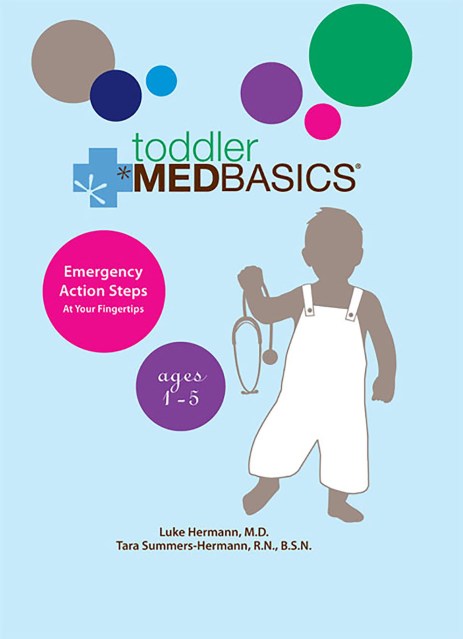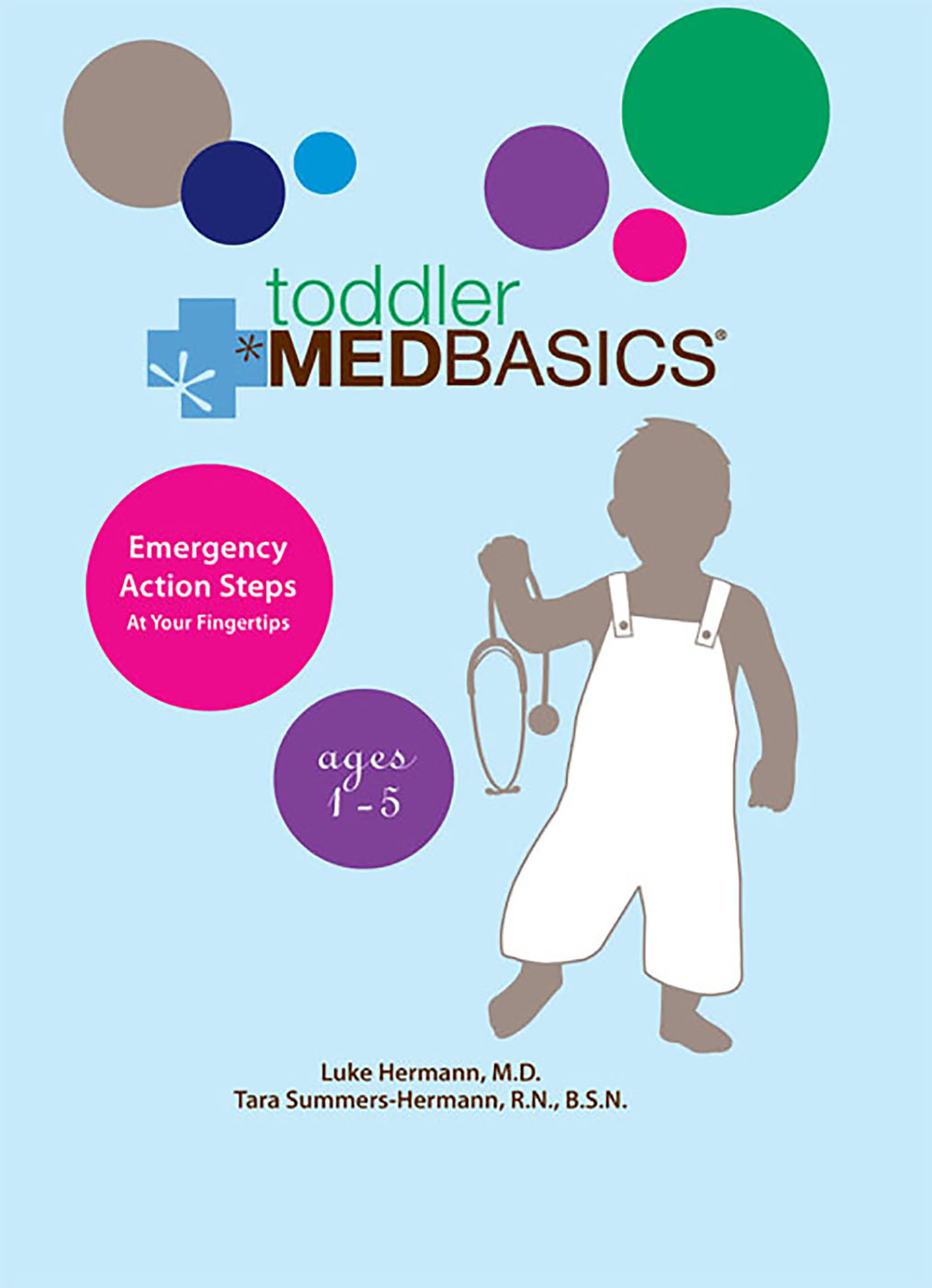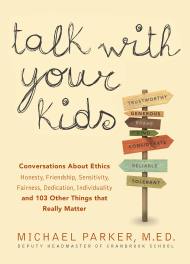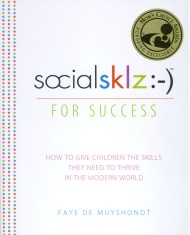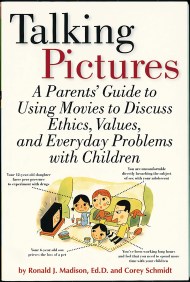Promotion
Use code MOM24 for 20% off site wide + free shipping over $45
Toddler Medbasics
Lifesaving Action Steps at Your Fingertips: Ages 1-5
Contributors
By Luke Hermann
By Tara Summers Hermann, RN, BSN
Formats and Prices
Price
$8.99Price
$11.99 CADFormat
Format:
ebook (Digital original) $8.99 $11.99 CADThis item is a preorder. Your payment method will be charged immediately, and the product is expected to ship on or around October 25, 2011. This date is subject to change due to shipping delays beyond our control.
Also available from:
In an emergency, every second counts: with its quick-to-find tabs, lay-flat spiral design, and portable size, Toddler Medbasics is an empowering “peace of mind” resource for parents and caregivers.
Genre:
- On Sale
- Oct 25, 2011
- Page Count
- 64 pages
- Publisher
- Running Press
- ISBN-13
- 9780762443727
Newsletter Signup
By clicking ‘Sign Up,’ I acknowledge that I have read and agree to Hachette Book Group’s Privacy Policy and Terms of Use
